Keto Hair Loss – Does a Ketogenic Diet Cause Hair Loss?
Yes, it is very common for women to notice an increase in hair loss a few months after starting a ketogenic (keto) diet. So while there is a clear connection between hair loss and a keto diet, it may not be quite as cut and dried as you think.
If this is you, then read on. We will uncover the reasons and help with ways to get those beautiful locks back.
Female hair loss is multifactorial, which means there are many factors that contribute to female hair loss. So while a keto diet may contribute to hair loss in a woman, it doesn’t cause hair loss in every woman. Because it isn’t the whole story.
Certain medications cause hair loss in everyone who takes it, for example chemotherapy. So there is a direct relationship between chemotherapy and hair loss, but since every woman on a keto diet doesn’t lose her hair, we can conclude that there isn’t a direct relationship between hair loss and the keto diet.
However, if you have been involved in an online community of keto dieters you will have noticed that as soon as someone mentions hair loss, the post lights up with lots of other women saying they have noticed hair loss since starting the keto diet too.
Clearly there is a connection between a keto diet and hair loss, so what is it?
Understanding female hair loss
When we say female hair loss is multifactorial, there is never just one cause. Here is a list of the main causes.
I have been researching female hair loss for over eight years and it is clear that female hair loss is caused by a unique set of factors and circumstances which can be different for each woman.
Female hair loss is generally the result of the combination of an underlying cause or causes, and a trigger.
Underlying causes tend to be systemic and/or metabolic and have been occurring over a long period of time. Menopause is an example of an underlying cause.
Menopause and hair loss
One of the reasons menopause is associated with female hair loss is due to the associated hormonal changes. But moreover, there are a few more factors that contribute to hair loss after 50.
Menopause weight gain will often result in a woman making ongoing, and often futile efforts to lose weight. This can lead to not eating enough, not eating a healthy diet and often, even severe dieting. All of which can deplete nutrients. A depleted nutritional state can result in unexpected hair loss.
Of course there are many other possible underlying causes such as irritable bowel (IBS), low thyroid, high testosterone, some medications, you can check all the causes here.
If a woman is going through, or has completed menopause and is overweight, then there can be more factors that come into play.
Insulin Resistance and Hair Loss
Being overweight at any age is generally caused by the hormone insulin. Usually the issue is that the body is not able to utilise the insulin it is releasing and this can cause insulin resistance. And there is now research to back this up, that it is insulin (not calories in vs calories out) causes weight gain. This is a huge topic and one that I won’t go into here, but for further reading you could read the Obesity Code by Dr Jason Fung.
Insulin resistance is also known as metabolic syndrome, pre-diabetes and syndrome x. These names are interchangeable, so if you have been diagnosed with any of these and have noticed hair loss associated with a keto diet, then read on!
Stress is a major factor in our modern lives. Cortisol is a hormone that is released to combat stress. But when we are chronically stressed, we have a chronically high level of cortisol and high cortisol, just like high insulin, causes weight gain. 1
Stress is also a known cause of hair loss. 2 This happens through the mechanism of these raised cortisol levels which can be measured by scalp-hair analysis. In a study comparing obese patients with those of normal weight, researchers found increased levels of cortisol in the scalp hair of the obese patients. 3.
Obesity and hair loss
So as noted above, there is evidence that women who are overweight also suffer from a number of other factors which can cause hair loss. But which don’t cause hair loss in every woman.
Women of any age who are overweight are likely to be suffering from high insulin, insulin resistance, systemic inflammation and high cortisol levels. All of these together is quite common.
So a woman may be going through menopause, not eating a healthy diet, low in iron and possibly other nutrients or have IBS or Hashimoto’s Disease (low thyroid), an auto-immune condition or any number of issues and living with plenty of hair. Or she could be overweight, with chronic inflammation and/or insulin resistance and/or high cortisol yet again, with no evidence of hair loss whatsoever.
Every combination of the above is possible. One or two of these underlying causes, or several of them, but still with plenty of hair.
Sudden shock and hair loss
Sudden shocks to the body are known to trigger hair loss. Sudden shocks can include the death of a loved one, a severe illness (like Covid-19), an international relocation, severe or fast weight loss, a change in medication, major surgery and the list goes on.
So what causes the body to suddenly shed ten, twenty, a hundred times more hair every day for months on end, just because of a shock?
Hair growth is a three-phase cycle. The first part of the cycle is the anagen or growth phase. This can go on for many years. Genetics and some heredity factors determine how long hair will grow for. People of Asian decent can grow longer hair - up to a metre long! Once the growing stage is over, hair enters into the second, catagen phase. This is the phase where the hair follicle stops growing and prepares to fall out in, what is known as the telogen or shedding phase.
A healthy body manages this and a million other bodily functions seamlessly every minute of the day and night. But when the body is sent into a state of sudden or prolonged shock, the mechanisms that contribute to growing hair and keeping that cycle going, tend to receive a signal to stop the anagen (growth phase) and rest. This allows the rest of the body to survive the shock. The body concentrates on cell regeneration in more vital areas such as the brain, heart and lungs.
Once the body ceases the hair growth cycle, usually temporarily, as in the case of shock, a large proportion of the hairs in the growth cycle are moved into the resting phase and in a few months time, they will fall out. This is called telogen effluvium or diffuse shedding.
Now this is not something that happens to every woman who has surgery or loses a loved one. So why to some and not others?
The answer is in the presence of one or more underlying cause.
The underlying causes mentioned previously are many and varied. In an overweight or obese woman one such underlying cause that is almost always present is insulin resistance. An elevated insulin level, which as mentioned earlier, is usually associated with elevated cortisol and systemic inflammation.
If there are other underlying causes such as low iron, zinc, vitamin D or Biotin, then there is a cocktail of underlying causes. Even so, as already mentioned, many women may have two or three or more of these underlying causes - and still have a full head of hair.
We are all individual, not everyone’s body responds to the same stimuli in the same way. A woman who is only a little overweight, may have chronically low iron due to some other factor, whereas another woman who is morbidly obese may have loads of iron, but be chronically low in vitamin D.
Surprisingly a woman who is malnourished can be both very thin or very overweight. And malnourishment can be an underlying cause of hair loss due to the lack of nutrients being absorbed.
And it is this broad range of causes and symptoms that prevents doctors from knowing exactly how to treat female hair loss.
So, how does a keto diet cause hair loss?
A woman with one or two or many of the issues covered above, in varying degrees of severity and who is also overweight or obese, may decide to go on a ketogenic diet. Especially as ketogenic diets are being promoted to women of menopause age.
So, from everything you have read and understood from the above, we are starting to see that the sudden weight loss and the shock to the system of a new way of eating, and ketosis in particular, combined with a potential lack of sufficient protein (required to build healthy hair) or calories, can lead to a ketogenic diet being the trigger for hair loss, in susceptible individuals.
In fact any restrictive diet can lead to a lack of the vitamins and minerals that are required for healthy hair growth.
Keto hair loss can occur in ‘susceptible individuals’ because of the unhappy and untimely coinciding of the underlying contributing factors in combination with the keto diet trigger.
A keto diet alone, will most likely not cause hair loss in an otherwise healthy individual. That is, someone without any underlying causes.
Is keto hair loss permanent?
Since it isn’t the diet per se that caused the hair loss, it is definitely possible to turn around hair loss that was triggered by a ketogenic diet. Yes you can regrow hair after a keto diet. And no, keto hair loss is not necessarily permanent.
The key to regrowing hair following, or even while still on a ketogenic diet, is to identify the underlying cause(s) and treat those.
This is not going to be a quick fix. For example a women who has very low iron and low iron stores (ferritin), can take many months to replenish the iron stores in the body, sufficient enough to kick off the hair growth process. Then since hair only grows up to a centimetre a month, it will be another 6-8 months to really see the benefits of rectifying the underlying cause.
Can hair loss be prevented when on a ketogenic diet?
I don’t believe there is much that can be done to prevent a susceptible individual on a keto diet who is going into ketosis, from triggering sudden hair loss. Especially as by definition, a susceptible individual is at some level unhealthy, to begin with. However, if the potential risk of hair loss on a ketogenic diet is likely to be a real problem, then the best advice would be to get all your blood work done, identify potential underlying causes and risk factors, and work on getting those issues well under control.
So, it does definitely appear that any fast weight loss regimen can trigger hair loss in susceptible individuals. By fast weight loss, I am referring to 1-2kg (2-4.5 pounds) or more a week.
Slower weight loss regimens such as intermittent fasting that pose less stress on the body, at around 200-400g (0.5 - 1 pound) per week can possibly prevent sudden hair loss being triggered, even in susceptible individuals.
How to live with hair loss while on a keto diet

As mentioned earlier, if you are on a keto diet and you are losing your hair, don’t stop the diet! For all the reasons mentioned here, conquering obesity is part of the process to healing your body, your inflammation and your hair loss. If your hair loss has resulted in a visible scalp and you find that embarrassing, then a female hair fibre product is an instant, simple solution. Female hair fibres like Boost N Blend come in a range of female hair colours. You simply shake the fibres into the hair and they disguise visible scalp and provide an instant volume boost.
Since the stress caused by hair loss exacerbates hair loss, the daily application of a female hair fibre can stop that vicious cycle. More on the stress of hair loss and how to regrow hair here.
FAQ:
Can you lose your hair from a keto diet?
Yes hair loss is a common complaint from women on a ketogenic (keto) diet. However, there is much more at play, it’s not the diet alone that is causing the hair loss. It is important to look to your underlying health. There are many underlying causes that could be involved, yet prior to the keto diet, were not causing hair loss. The reason for this is that the sudden weight loss that is common in the keto diet can not only cause a shock to the system, but if there is also a lack of nutrients, insufficient calories or not enough protein in the diet, this can exacerbate an already depleted system further.
How long does keto hair loss last?
Keto hair loss in a woman doesn’t have to last for ever. Getting some blood tests done to figure out if there is an underlying cause that has contributed to the keto diet hair loss, is the first step in recovery. Once you have a better understanding of your overall health, you can begin to work on the problem areas. Checking for low iron, Vitamin D, Thyroid hormones etc is important. So consult your physician to get a check up.
The good news is, that once the body is somewhat healed from the keto diet with reduced insulin resistance and less inflammation, and with normalised levels of any other contributing factors, hair will grow back.
Use a low chemical shampoo like Carelli and wash your hair every day. Look after your scalp just like you do your face. Give it the best chance to grow quality hair through optimally healthy hair follicles.
How to stop hair loss on a ketogenic diet
The first thing to do is don’t just stop the diet! If you are on a ketogenic diet to lose weight and you suspect you may be in the insulin resistance, systemic inflammation category explained above, then it is important to rectify that while working on identifying your underlying causes and working on those. Keto hair loss can be reversed, but it will take some time and some sleuthing around to identify what else is going on so that you can regrow hair.
Is keto hair loss permanent
No keto hair loss is not permanent. Not if it was triggered by a sudden diet change and weight loss. However, it is important to understand the underlying cause and trigger that applies to you personally. Everyone has a different body make up and so what is ok for one woman may not be for another woman. There is the possibility that hair loss was triggered by something else that coincided with the diet.
And for all the reasons mentioned in this article, please do not take medication or supplement advice from someone on Facebook.
Can I regrow my hair after keto ruined my hair
Yes you can. Keto hair loss regrowth can occur when the underlying cause of the hair loss has been identified and reversed. Female hair loss is a complicated health issue so it is important to understand what else may be going on in the body that is affecting overall heath. There are likely to be other health issues in a woman who is overweight, especially if she is chronically overweight. That is, having been overweight for many years. As referenced earlier in this article, insulin resistance, high cortisol levels and systemic inflammation are usually present. And these factors can predispose to keto hair loss.
But you can regrow hair by limiting the stress you are under. Read more about that here.
REFERENCES:
Wester VL et al. Long-term cortisol levels measured in scalp hair of obese patients. Obesity (Silver Spring) 2014 Sep; 22(9): 1958-8 DOI: 10.1002/oby.20795. Accessed 29/10/2020
https://pubmed.ncbi.nlm.nih.gov/24852462/
Fraser R et al. Cortisol Effects on body mass, blood pressure, and cholesterol in the general population. Hypertension 1999 June 33 (6): 1364-8
https://pubmed.ncbi.nlm.nih.gov/10373217/
Hair and stress: A pilot study of hair and cytokine balance alteration in healthy young women under major exam stress
https://www.ncbi.nlm.nih.gov/pmc/articles/PMC5397031/
ABOUT THE AUTHOR:
Bambi Staveley is a nurse (RN), author of How to Make Thin Hair Fat - Causes and Solutions of Unexpected Thinning Hair in Women (published by Barrallier Books 2016) and herself a female hair loss sufferer. Following her own hair loss journey which began in 2008, Bambi dedicated her life to female hair loss research and to finding some way to solve the mystery and at the very least, cover up the problem so it was her own secret. Naturally, once she was able to both cover up her hair loss and eventually, grow her hair back, she was driven to share that information with female hair loss sufferers the world over.
Our great range of Female Hair Loss Fibres for women with thinning hair is available at any one of our global stores:
 |
 |
 |
| SHOP BOOST N BLEND AU |







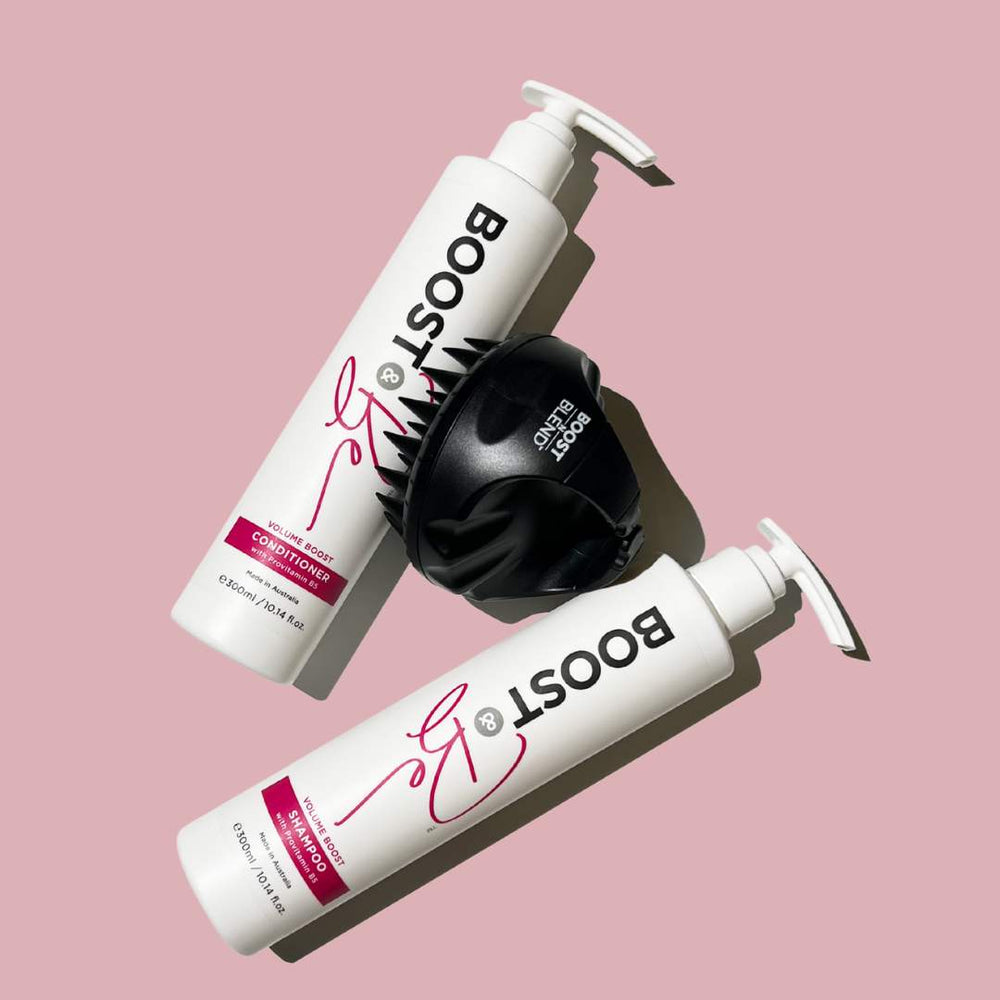
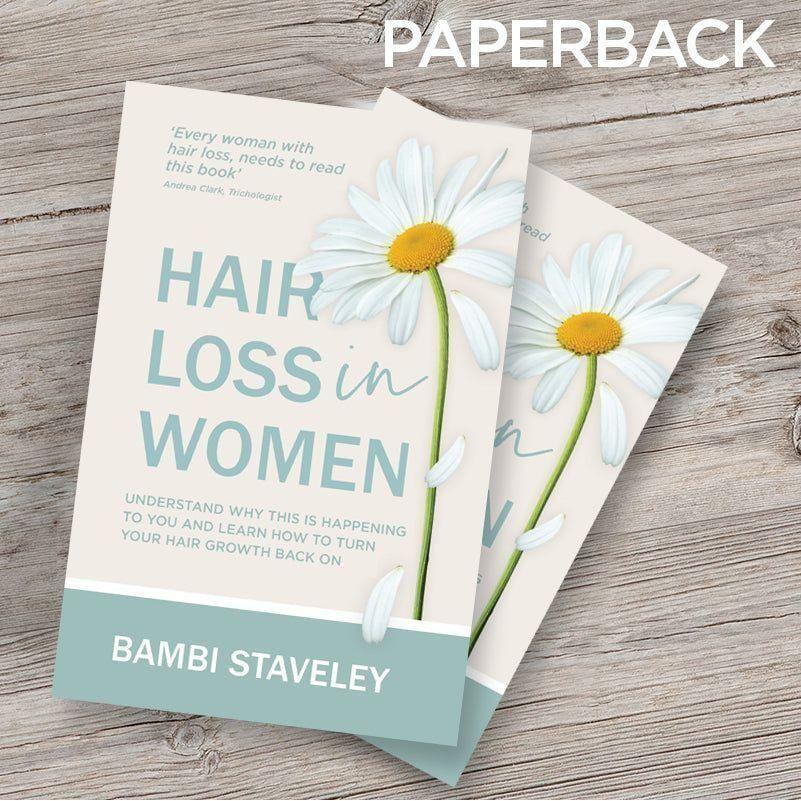
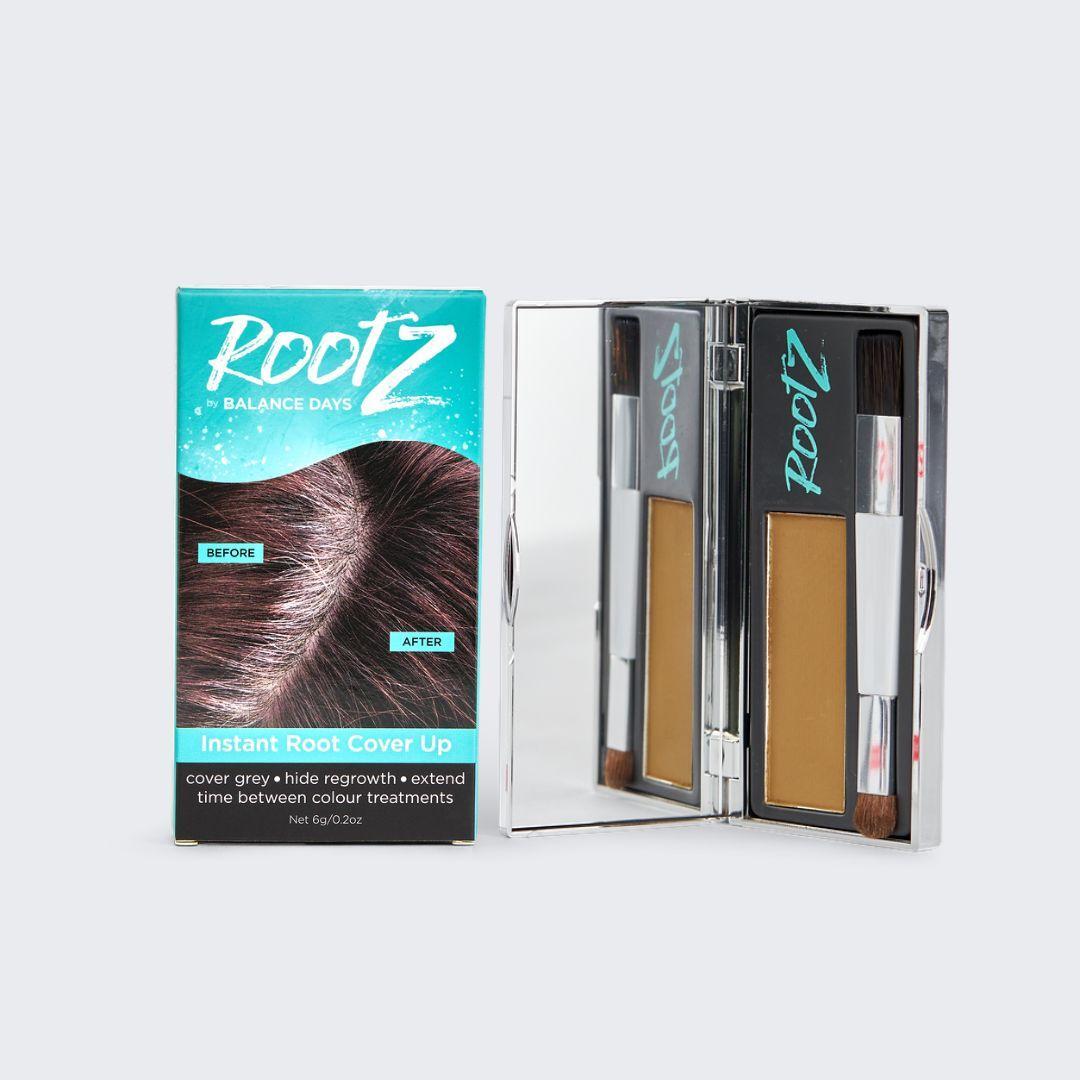
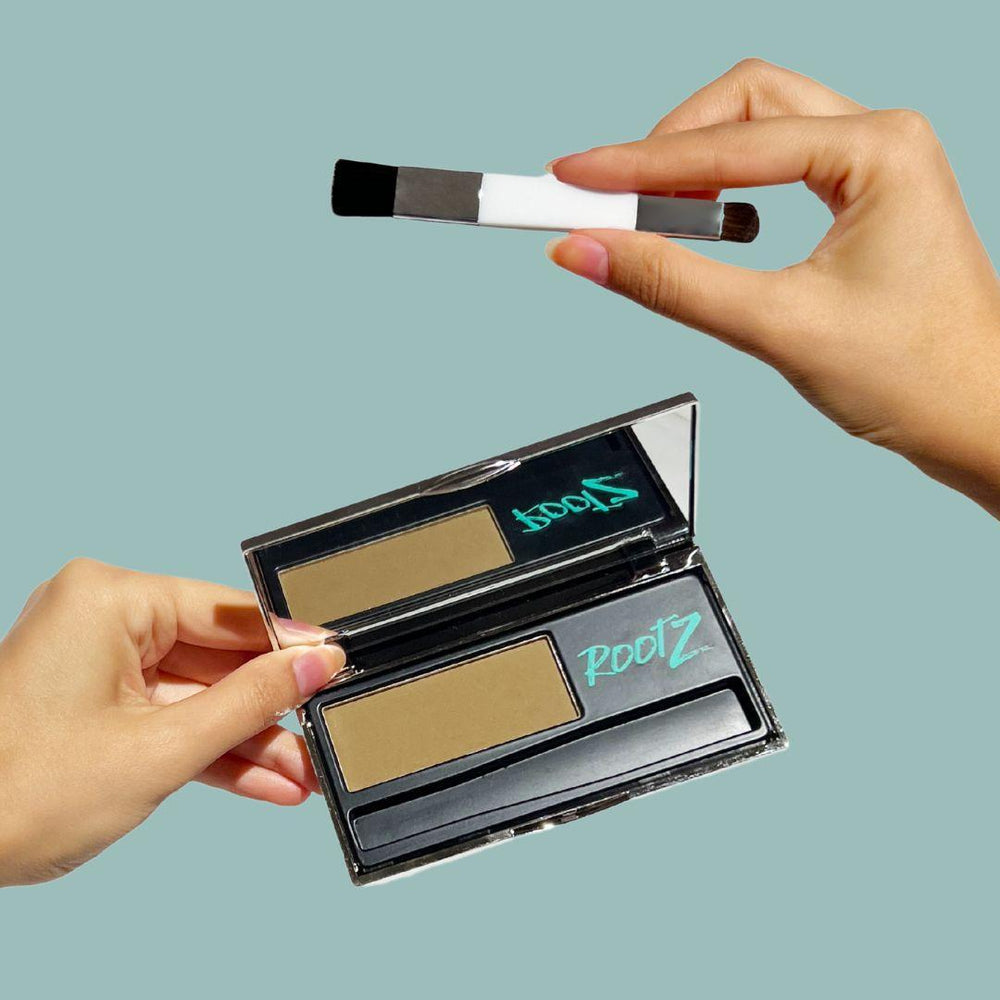


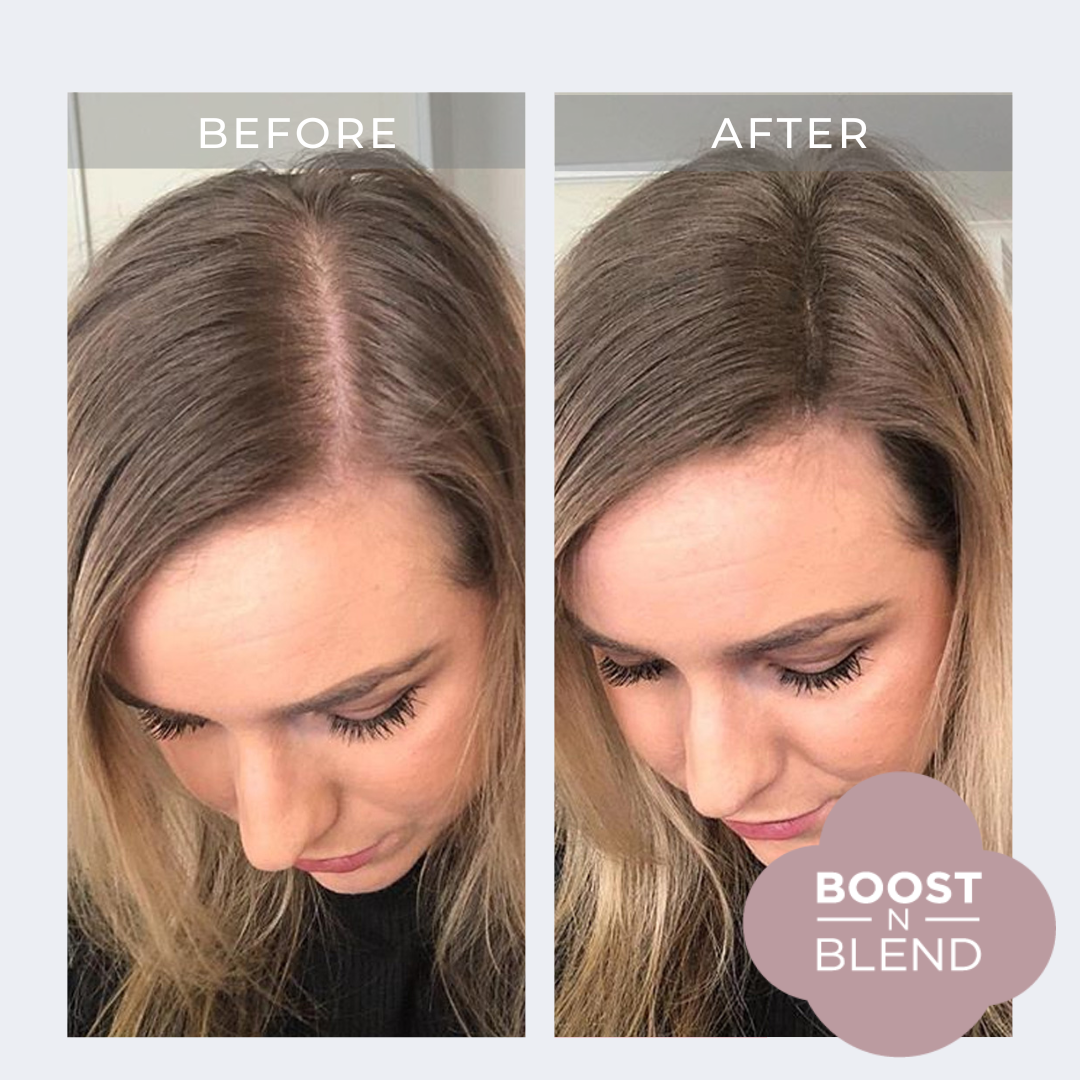
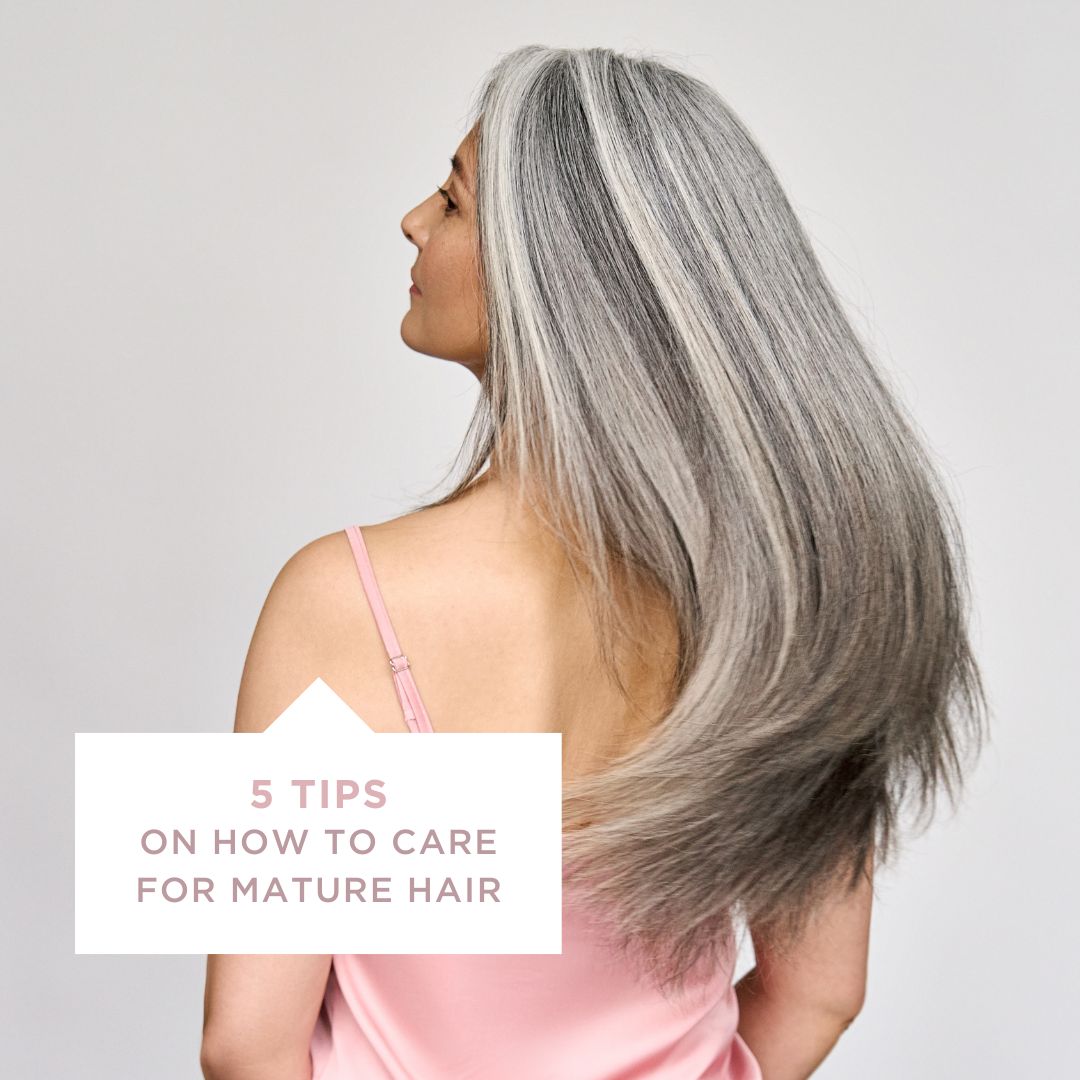

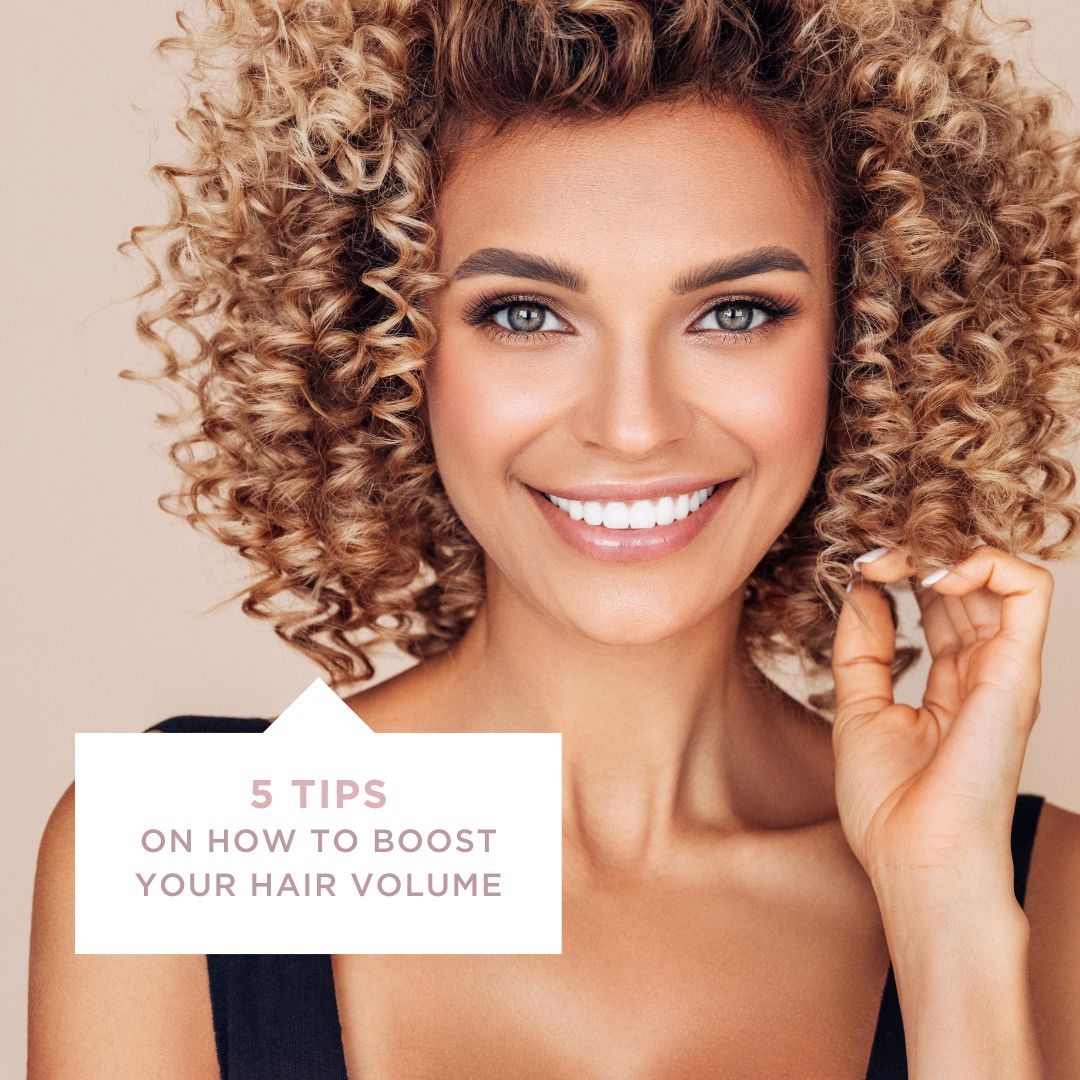
Leave a comment